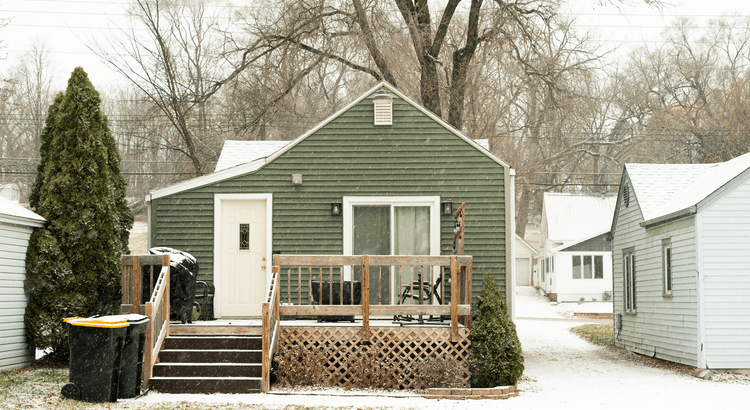How to Buy When You're in Debt
With mortgage rates remaining near
historic lows, many financial experts are making the case that
student-loan debt doesn't have to hold back millennials from buying a
home. But the message isn't getting across: Nearly 70 percent of
millennials say they are delaying a real estate purchase because of
their student debt load, according to a new survey by CommonBond.
Forbes.com recently highlighted whether a person with student-loan debt was ready to become a home owner with the following assessment:
Forbes.com recently highlighted whether a person with student-loan debt was ready to become a home owner with the following assessment:
- Debt-to-income ratio isn't everything. Yes, the proportion of your income that goes toward paying your debt is a central determinant of whether you're ready to buy a home. Most lenders require a debt-to-income ratio of 36 percent or less to qualify for a mortgage. But a buyer with student-loan debt shouldn't worry that their number will automatically disqualify them. The key is that they pay their bills on time and still have enough income left over to compensate for their debt.
- You can still handle more debt. The best interest rates tend to go to those who can offer a 20 percent down payment, but loans are available that require as little as 3 percent down on a home. How much more debt can you take on? If you can handle your student-loan debt and a bit of a higher mortgage balance and still be comfortable, that's one way to make it work. Or, if you can save up enough for a larger down payment while paying down student debt, that might be a better option. But potential home buyers need to take into account all the extra costs of home ownership beyond just the monthly mortgage payment. Check out: Help Buyers Add Up Extra Costs of Ownership
- Make a budget. To save for the down payment, would-be buyers need a budget in place. Katie Brewer, a certified financial planner in Dallas, suggests budgeting with broad buckets: fixed expenses, variable expenses, and longer-term goals (e.g. paying down debt, buying a home, or saving for retirement). Brewer recommends keeping fixed expenses to 50 percent or less of your overall budget. There's no one budget style that is more effective, however. The important part is to just pick a method and then start working toward the goal — saving for a down payment, in this case.


No comments:
Post a Comment